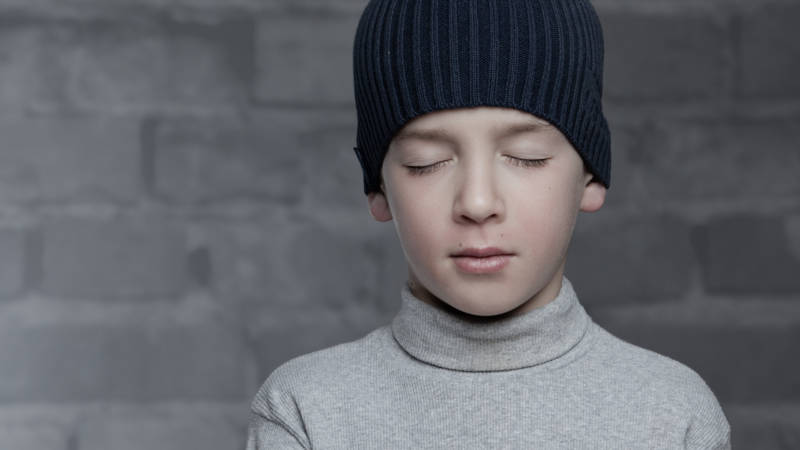Researchers are in the first year of a three-year-study on how mindfulness programs affect the academic performance of children in 30 high poverty Chicago schools. The researchers will follow approximately 2,000 students in kindergarten, first and second grade to see how programs meant to teach students calming strategies -- like meditation or mindful drawing -- could help academic achievement.
In her article in The Atlantic, Emily Deruy writes professor Amanda Moreno is specifically studying younger students to help bolster the body of research around mindfulness. While the idea has become more popular in recent years, the research on whether the practice improves academic outcomes for young low-income children is less clear. Most research up until now has focused on older students. Deruy writes:
Moreno acknowledges that it’s not easy to measure the impact of such abstract ideas as mindfulness or, more broadly, social-emotional learning. But researchers can get at the answer by both testing kids’ math and reading abilities, and by surveying them about their sense of belonging, looking at how teachers handle discipline, how much time students are spending on-task, and assessing executive functioning. That last measure is often done using something called the Flanker test, which helps give researchers a sense of cognitive flexibility, something Moreno and other researchers think mindfulness has a positive impact on. Moreno and her team also talk to teachers about their ability to teach well to get a sense of whether mindfulness helps prevent burnout, something that is more prevalent in high-poverty schools than at well-resourced schools.
http://www.theatlantic.com/education/archive/2016/05/testing-mindfulness-in-the-early-years/483749/


